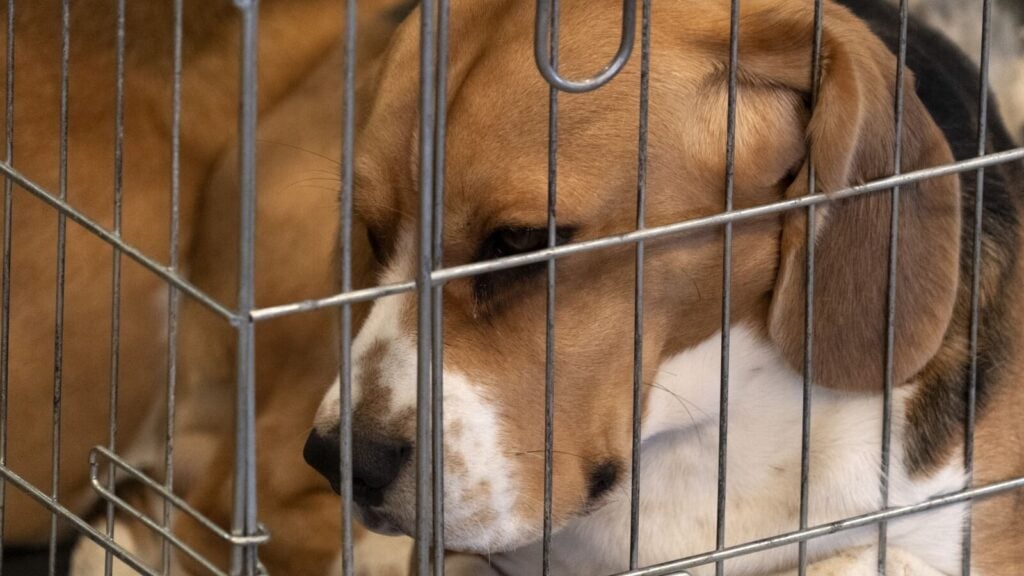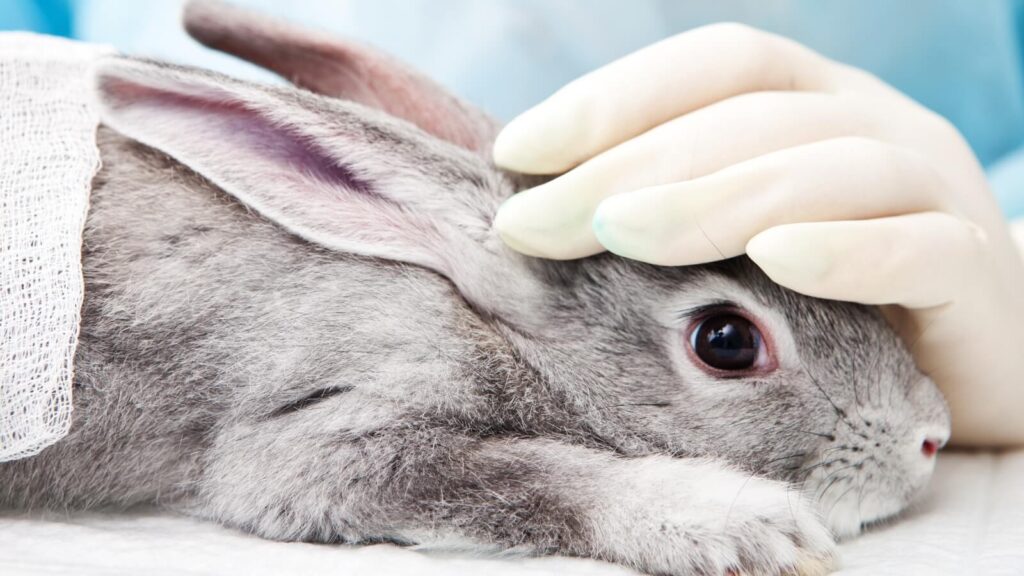Animal testing for cosmetics could soon be required in the UK. The practice has been widely criticized over animal cruelty concerns. Additionally, many campaigners argue that experiments on animals are ineffective.
Animal testing in the UK
Animal experiments with ingredients used solely for cosmetics was banned in the UK in 1998.
Now, the Home Office has told Cruelty Free International (CFI) that the government has ‘reconsidered its policy’, The Guardian reports.
Last year, the European Chemicals Agency’s (ECHA) appeals board stated that some ingredients must be tested on animals before human use for safety reasons.
ECHA ruled that Symrise – a major producer of fragrances – must test two of its cosmetics ingredients on animals.
The UK government accepted the ruling, but noted that it has not changed its animal testing law. Still, CFI – an animal protection group – warns that ECHA’s policy could result in an increase in animal experiments.
“The government is saying that even ingredients used solely in cosmetics, and with a history of safe use, can be subjected to animal tests in the UK,” Dr Katy Taylor, CFI’s Director of Science and Regulatory Affairs, explained.
“This decision blows a hole in the UK’s longstanding leadership of no animal testing for cosmetics and makes a mockery of the country’s quest to be at the cutting edge of research and innovation, relying once again on cruel and unjustifiable tests that date back over half a century.”
Last month, opponents of animal-based research launched a petition that urges the government to phase out animal testing. It requests that the government publish a ‘clear and ambitious action plan’ to work toward the end of animal experiments. At the time of writing, nearly 50,000 people had signed the petition.

Is animal testing effective?
Campaigners say animal testing is not just unethical, but also impractical.
According to CFI, skin allergy tests in guinea pigs and mice only predict human reactions 72 percent and 82 percent of the time, respectively. However, chemistry and cell-based methods – which don’t involve animals – can accurately predict human reactions more than 90 percent of the time.
And Draize skin irritation tests, conducted on rabbits, predict human skin reactions just 60 percent of the time. Meanwhile, using reconstituted human skin is up to 86 percent accurate.
‘Retrograde step’
CFI’s Director of Public Affairs, Kerry Postlewhite, spoke to The Independent about the issue.
Postlewhite said the government must either properly enforce a ban on cosmetic animal testing or ‘come clean with UK consumers’ by telling them that its anti-animal testing claims are ‘now so compromised as to really be meaningless’.
Dr Julia Fentem is the Head of the Safety and Environmental Assurance Center at Unilever.
She told The Guardian that the UK’s decision to support the Symrise ruling was a ‘retrograde step’.
She explained that there are around 100 cosmetics ingredients that can be tested on animals under chemicals regulations.
Before the ban, most of these ingredients were tested on animals to study eye and skin irritation. But Taylor said the Symrise ruling would see additional tests being required, including looking at the effects of an ingredient on a foetus.






